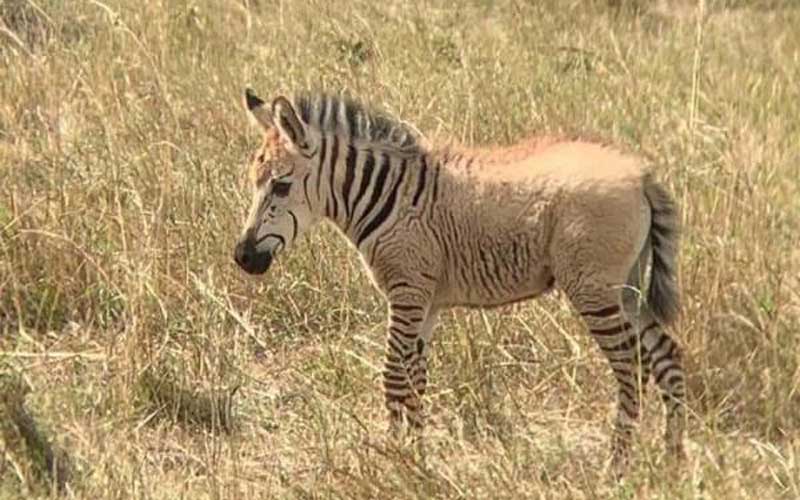×
The Standard e-Paper
Join Thousands Daily

Masai Mara Game Reserve was the stage of a rarity as another ‘albino’ zebra foal was sighted barely a fortnight after a dotted one was seen at the park.
Tourists thronged Mara Triangle Conservancy to witness the rare brownish donkey-like foal. The previous one -- polka-dotted and found around Matira camp -- crossed Mara River to Serengeti in Tanzania.